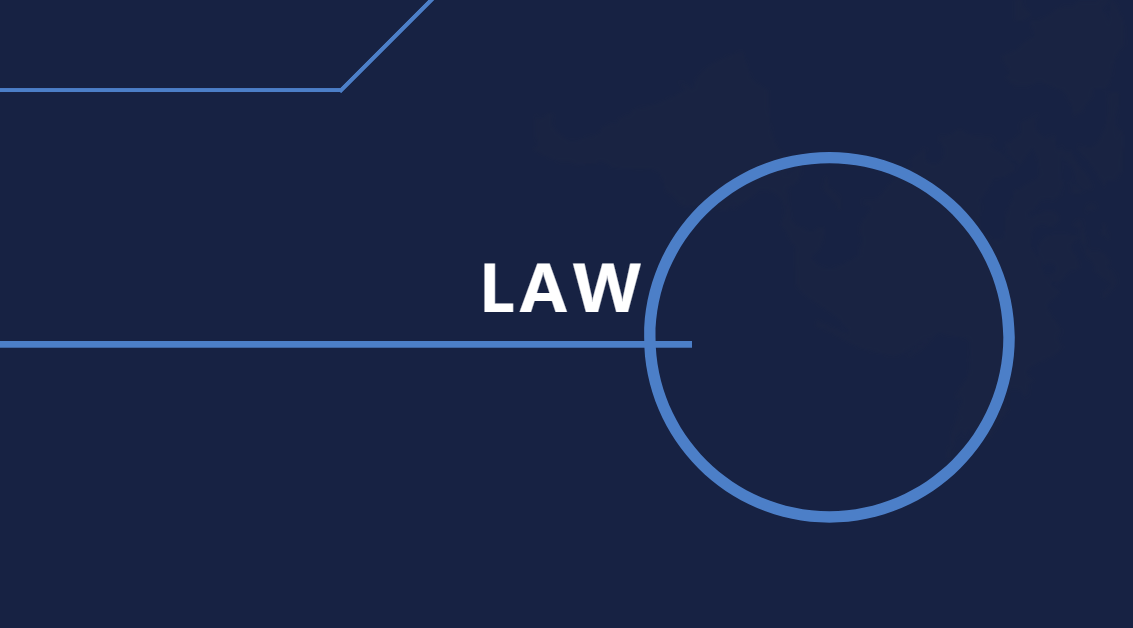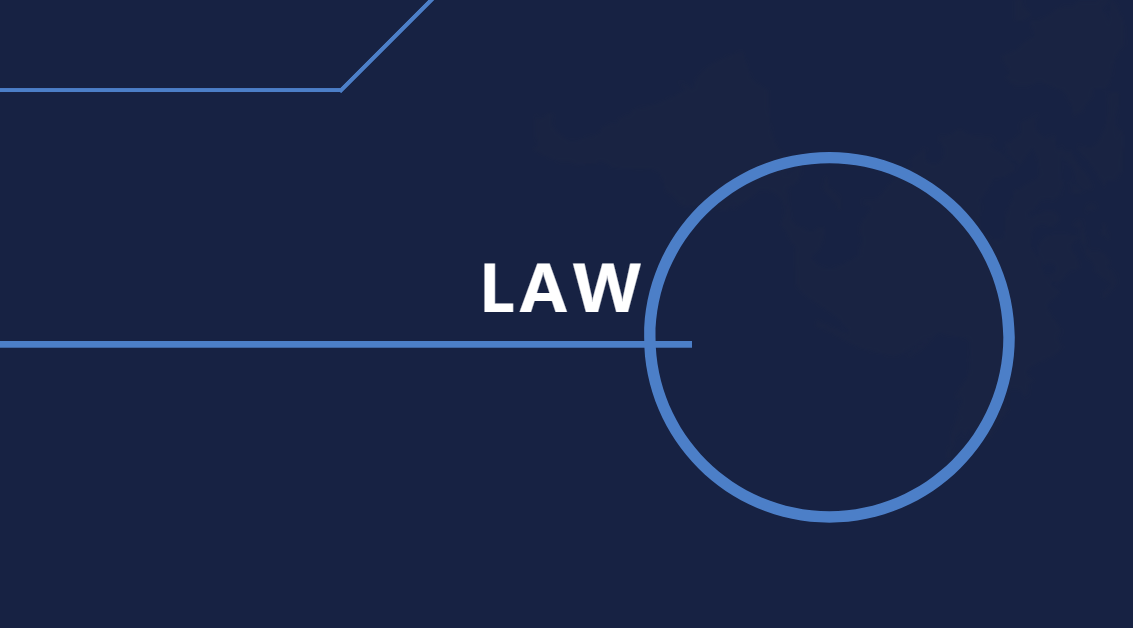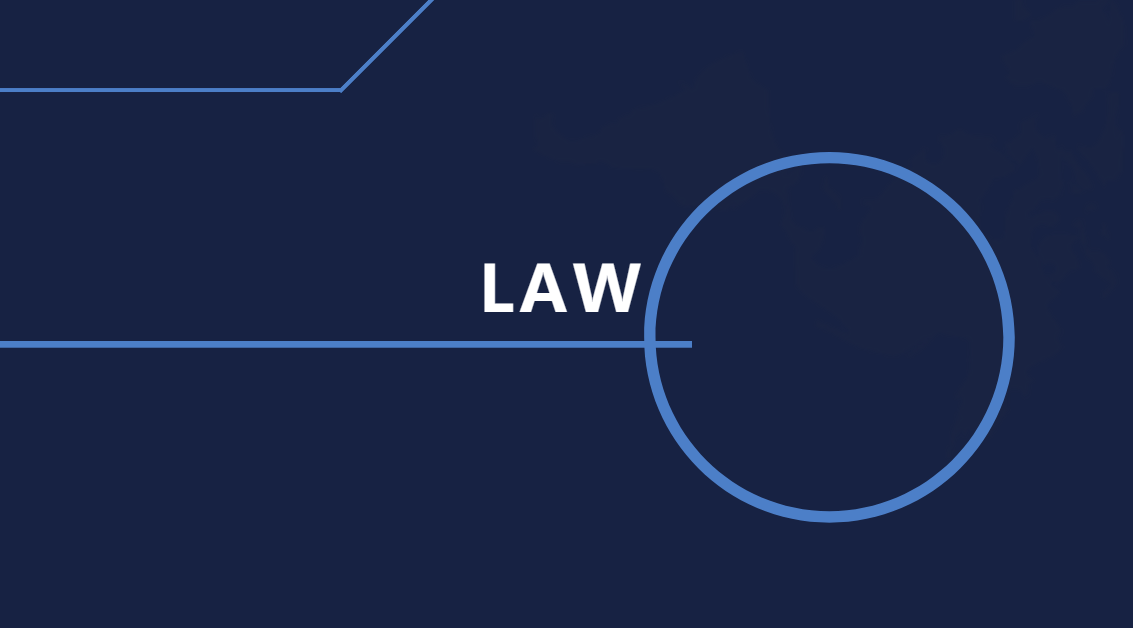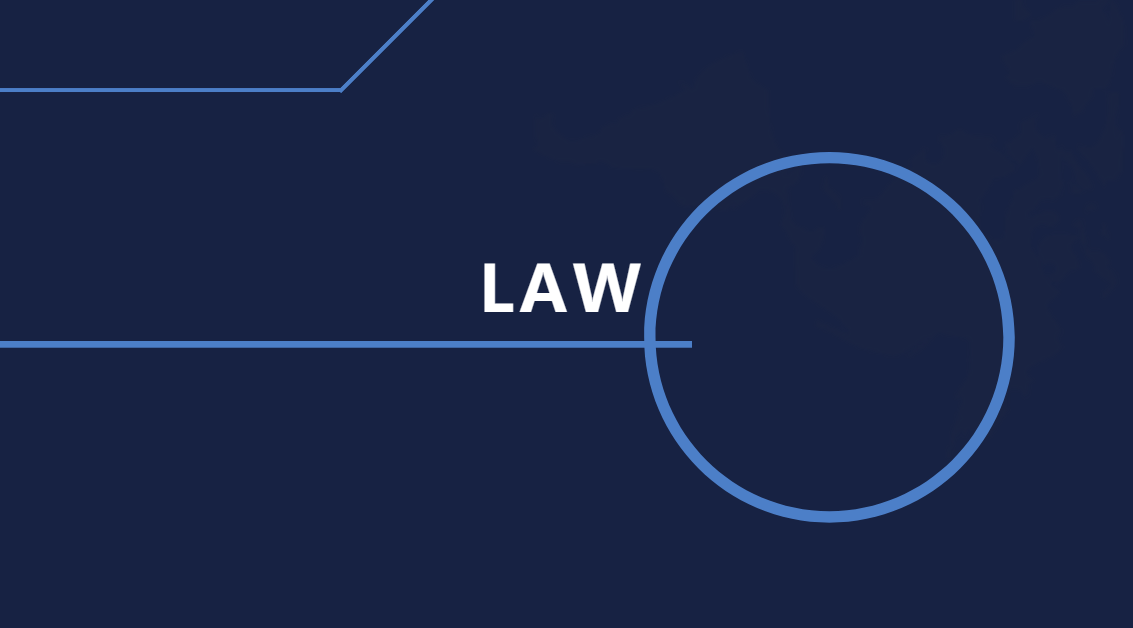Notice of Issuing the Detailed Implementation Rules for the Pilot Program of the Reform of Foreign Exchange Administration for High-level Opening-up of Cross-border Trade and Investment
Download the file → No. 4 [2022] the Shanghai Branch of the State Administration of Foreign Exchange.pdf
Document Number:No. 4 [2022] the Shanghai Branch of the State Administration of Foreign Exchange
Area of Law:General Provisions on Trade & Commerce Materials Optimization of Doing Business
Level of Authority:Local Regulatory Documents
Date Issued:01-28-2022
Effective Date:01-28-2022
Issuing Authority:State Administration of Foreign Exchange, Shanghai Branch
Status:Effective
Topic:China (Shanghai) Pilot Free Trade Zone
- Notice by the Shanghai Branch of the State Administration of Foreign Exchange of Issuing the Detailed Implementation Rules for the Pilot Program of the Reform of Foreign Exchange Administration for High-level Opening-up of Cross-border Trade and Investment in the Lin-Gang Special Area of China (Shanghai) Pilot Free Trade Zone
- (No. 4 [2022] the Shanghai Branch of the State Administration of Foreign Exchange)
- All designated foreign exchange banks within their jurisdictions:
- For the purposes of implementing the spirit of the Sixth Plenary Session of the 19th CPC Central Committee and the decisions and plans of the CPC Central Committee and the State Council, promoting the establishment of a new development pattern in which domestic and foreign markets reinforce each other with the domestic market as the mainstay, and further enhancing the ability of foreign exchange administration to serve the real economy, the State Administration of Foreign Exchange has decided to launch a pilot program of the reform of foreign exchange administration for high-level opening-up of cross-border trade and investment in the Lin-Gang Special Area of China (Shanghai) Pilot Free Trade Zone.
- For the purposes of implementing the spirit of the Sixth Plenary Session of the 19th CPC Central Committee and the decisions and plans of the CPC Central Committee and the State Council, promoting the establishment of a new development pattern in which domestic and foreign markets reinforce each other with the domestic market as the mainstay, and further enhancing the ability of foreign exchange administration to serve the real economy, the State Administration of Foreign Exchange has decided to launch a pilot program of the reform of foreign exchange administration for high-level opening-up of cross-border trade and investment in the Lin-Gang Special Area of China (Shanghai) Pilot Free Trade Zone.
This notice shall come into effect on the date of promulgation. Where the previous provisions are inconsistent with this notice, this notice shall prevail. In case of problems encountered during implementation, please report to the Shanghai Branch of the State Administration of Foreign Exchange in a timely manner.
Implementation Rules for the Pilot Reform of High-Level Open Foreign Exchange Administration for Cross-border Trade and Investment in the Lingang New Area of China (Shanghai) Pilot Free Trade Zone
Chapter I General Provisions
Article 1 To support the Lingang New Area of China (Shanghai) Pilot Free Trade Zone (in the form of
hereinafter referred to as the "pilot area") construction, the implementation of the "State Administration of Foreign Exchange on the Shanghai
Some areas such as the Lingang New Area of the Pilot Free Trade Zone carry out high levels of cross-border trade and investment
According to the requirements of documents such as the “Notice on the Pilot Project of Flat Opening” (Huifa [2021] No. 35), the State
The State Administration of Foreign Exchange approves and formulates these implementation rules.
Article 2 The Shanghai Branch of the State Administration of Foreign Exchange (hereinafter referred to as the "foreign exchange bureau")
/ "Shanghai Branch") is specifically responsible for the supervision and management of high-level opening up of cross-border trade and investment
Pilot business (hereinafter referred to as "pilot business") foreign exchange registration, account opening, capital
Transfer, settlement and sale of foreign exchange, domestic and foreign currency data statistics and monitoring, etc.
Article 3 Pilot enterprises shall handle foreign
foreign exchange business; report to the foreign exchange bureau in a timely, accurate and complete manner in accordance with relevant foreign exchange management regulations
Send relevant data and information, and cooperate with supervision, inspection and investigation.
Banks should establish and improve internal control systems, and follow the principles of "know your customers" and "know your business"
"Due Diligence" and other principles of business development improve the authenticity and compliance review of the entire business process
mechanism and handle business, and strictly fulfill the obligation of reporting data and abnormal and suspicious information.
Article 4 Pilot enterprises handling the pilot business stipulated in these detailed rules shall have a real and legal transaction basis, and shall not use false contracts or other vouchers or construct transactions, and the foreign exchange business that should be handled through accounts according to law shall be handled according to the current regulations.
Chapter II Current Account Business
Article 5 Facilitate the receipt and payment of high-quality enterprises' current account funds. On the basis of earnestly performing due diligence on customers and other obligations, qualified pilot banks (hereinafter referred to as "pilot banks") may handle current account-related foreign exchange business for high-quality enterprises in the pilot area according to customer instructions.
Article 6 Support banks in optimizing new international trade settlement. Pilot banks are encouraged to innovate in financial services based on the strategic positioning and industry characteristics of the pilot regions, and independently handle new international trade foreign exchange receipts and payments that are true and compliant for enterprises in the pilot regions.
Article 7 Orderly expand the scope of enterprises for net settlement of trade balance netting. When an enterprise in a pilot area conducts foreign exchange business under the current account with an overseas counterparty, the pilot bank can handle the netting settlement for the enterprise in the pilot area, and declare the actual receipt and payment data and the restored data in accordance with the relevant regulations on the declaration of the balance of payments.
Article 8 The special remittance refund for trade in goods is exempt from registration. Pilot banks can directly handle the special remittance refund business for trade in goods for enterprises in the pilot areas, and enterprises in the pilot areas do not need to register with the foreign exchange bureau in advance (see Appendix 1 for detailed operation guidelines in this chapter).
Chapter III Capital Account Business
Article 9 Carry out the pilot program of foreign debt facilitation quota for non-financial enterprises. The restrictions on the amount of foreign debt borrowed by non-financial enterprises in the pilot areas shall be relaxed, and small, medium and micro high-tech enterprises meeting certain conditions in the pilot areas shall be allowed to independently borrow foreign debts within a certain amount according to the actual business needs of the enterprises (see Appendix 2 for detailed operation guidelines).
Article 10 Carry out the pilot program of qualified foreign limited partners (QFLP). Simplify foreign exchange registration, allowing them to carry out various investment activities in China (excluding investment in real estate companies and local government financing platforms) other than the special management measures (negative list) for foreign investment access in the form of equity, debt, etc. (see attached for detailed operation guidelines 3).
Article 11 Carry out the pilot program of Qualified Domestic Limited Partners (QDLP), allowing them to carry out foreign equity and debt investments that comply with national policies and regulations (see Appendix 4 for detailed operating guidelines).
Article 12 Under the principles of risk controllable and prudent management, moderately expand the scope of participants and business types of external asset transfers in pilot areas. Banks and agencies in the pilot areas are allowed to carry out credit asset business such as external transfer of bank non-performing loans and bank trade financing assets in accordance with regulations (see Appendix 5 for detailed operation guidelines).
Article 13 Carry out the pilot project of the domestic and foreign currency integrated capital pool business of multinational companies in the pilot area, further facilitate the coordinated use of cross-border funds by multinational enterprise groups, and support and promote the economic development of the headquarters of the pilot area (see Appendix 6 for detailed management regulations).
Article 14 Domestic reinvestment by foreign-invested enterprises is exempt from registration. On the premise that the current special management measures (negative list) for foreign investment access are not violated and the domestic investment projects are authentic and compliant, foreign-invested enterprises that carry out domestic equity reinvestment in the pilot area (not allowed to invest in real estate directly or indirectly) are subject to The investment company or equity transferor does not need to register for receiving domestic reinvestment, and the bank from which the funds are transferred can directly transfer the relevant investment funds into the foreign exchange capital account or capital account of the invested enterprise or equity transferor - foreign exchange settlement and pending payment account. The use of funds must comply with the regulations on the use of RMB funds obtained from foreign exchange income under the capital account and foreign exchange settlement. If the invested enterprise continues to carry out domestic equity investment, it shall follow the above principles.
Where a foreign-invested real estate enterprise conducts domestic reinvestment, the invested enterprise or equity
The transferor shall handle the registration of receiving domestic reinvestment in accordance with the current foreign exchange management regulations.
Article 15 The registration of foreign exchange business such as overseas lending, foreign debt, cross-border guarantee, overseas listing, employee equity incentive plan, overseas hedging and other foreign exchange business of qualified non-financial enterprises in the pilot area can be directly handled by banks within the jurisdiction of the Shanghai Branch, and Simplify relevant material requirements (see Appendix 7 for detailed operation guidelines).
Article 16 Expand the scope of use of capital account income. In principle, non-financial enterprises in the pilot area (excluding real estate enterprises and local government financing platforms) capital account income (including foreign direct investment capital, foreign debt funds, funds raised from overseas listing, etc.) It shall not be used directly or indirectly for expenses outside the business scope of the enterprise or prohibited by national laws and regulations; it shall not be used directly or indirectly for securities investment; Investment and Financing.
Elimination of capital account – foreign exchange settlement and pending payment account management requirements. Non-financial enterprises in the pilot area (excluding real estate enterprises and local government financing platforms) can directly transfer the RMB funds obtained from the voluntary settlement of foreign exchange income under the capital account other than domestic reinvestment funds to the RMB account of the enterprise with the same name, and do not need to fill in the "Capital Account Funds" Payment Order Letter". The use of funds must comply with the provisions of the preceding paragraph and relevant foreign exchange management regulations. Enterprises that have already opened a capital account - foreign exchange settlement and pending payment account can continue to use the original account.
Article 17 Moderately relax restrictions on foreign debts, cross-border guarantees, overseas lending, direct investment and other business cross-border inflows and outflows of non-financial enterprises (excluding real estate enterprises and local government financing platforms) in the pilot area, and allow those with reasonable needs Non-financial enterprises can independently choose the currency in each link of signing, inflow and outflow. Encourage the use of RMB in cross-border trade investment and financing.
Article 18 The upper limit of the overseas loan scale of non-financial enterprises (excluding real estate enterprises and government financing platforms) in the pilot area shall be increased from 0.5 times of their owner's equity to 0.8 times of their owner's equity. If there is a major change in the situation of foreign exchange receipts and payments, the SAFE will conduct counter-cyclical adjustments by improving macro-prudential management.
Chapter IV Interim and ex-post supervision and risk prevention and control
Article 19 The foreign exchange bureau supervises financial institutions such as pilot enterprises and banks in accordance with the law. Relying on various foreign exchange business and monitoring systems, comprehensively using statistical monitoring and analysis, off-site verification, on-site verification and other methods, it strengthens interim and ex-post supervision and prevents transgressions. risk of foreign capital flows.
Article 20 The foreign exchange bureau may gradually improve and improve the content of the pilot business in accordance with the national macro-control policies, foreign exchange receipts and payments, and the development of the pilot business, and promote the pilot program of high-level opening-up of cross-border trade and investment in a smooth and orderly manner.
Article 21 The SAFE will closely track the development of the pilot business in its jurisdiction, actively strengthen communication and collaboration with local governments and relevant management departments, and jointly be responsible for risk identification, assessment, reporting, and response to the pilot business in the jurisdiction.
Article 22 The foreign exchange bureau will work with relevant departments to establish and improve the risk prevention and control mechanism, continuously improve risk response, conduct risk disposal in a timely manner, strengthen market expectation guidance, effectively prevent the impact of cross-border capital flows, and firmly guard against the occurrence of systemic financial risks. bottom line risk.
Chapter V Supplementary Provisions
Article 23 Pilot enterprises and financial institutions such as banks shall retain relevant documents and documents (including electronic documents) that fully prove the authenticity and compliance of the business involved for 5 years for future reference (unless otherwise specified).
Article 24 Where pilot enterprises and financial institutions such as banks conduct foreign exchange violations of laws and regulations, the foreign exchange bureau shall punish them in accordance with the "Regulations of the People's Republic of China on Foreign Exchange Administration" and other laws, and suspend or cancel the pilot program stipulated in these detailed rules according to the circumstances. business qualifications.
Article 25 These detailed rules shall come into force on the date of promulgation (including the pilot business involved in Articles 14 and 15, which shall be implemented after the upgrade of the capital account information system of the State Administration of Foreign Exchange is completed). management regulations.






















































First, please LoginComment After ~